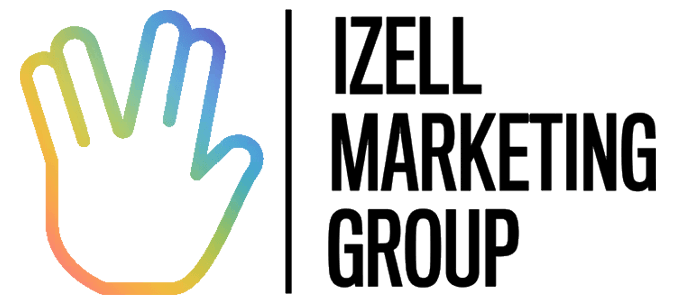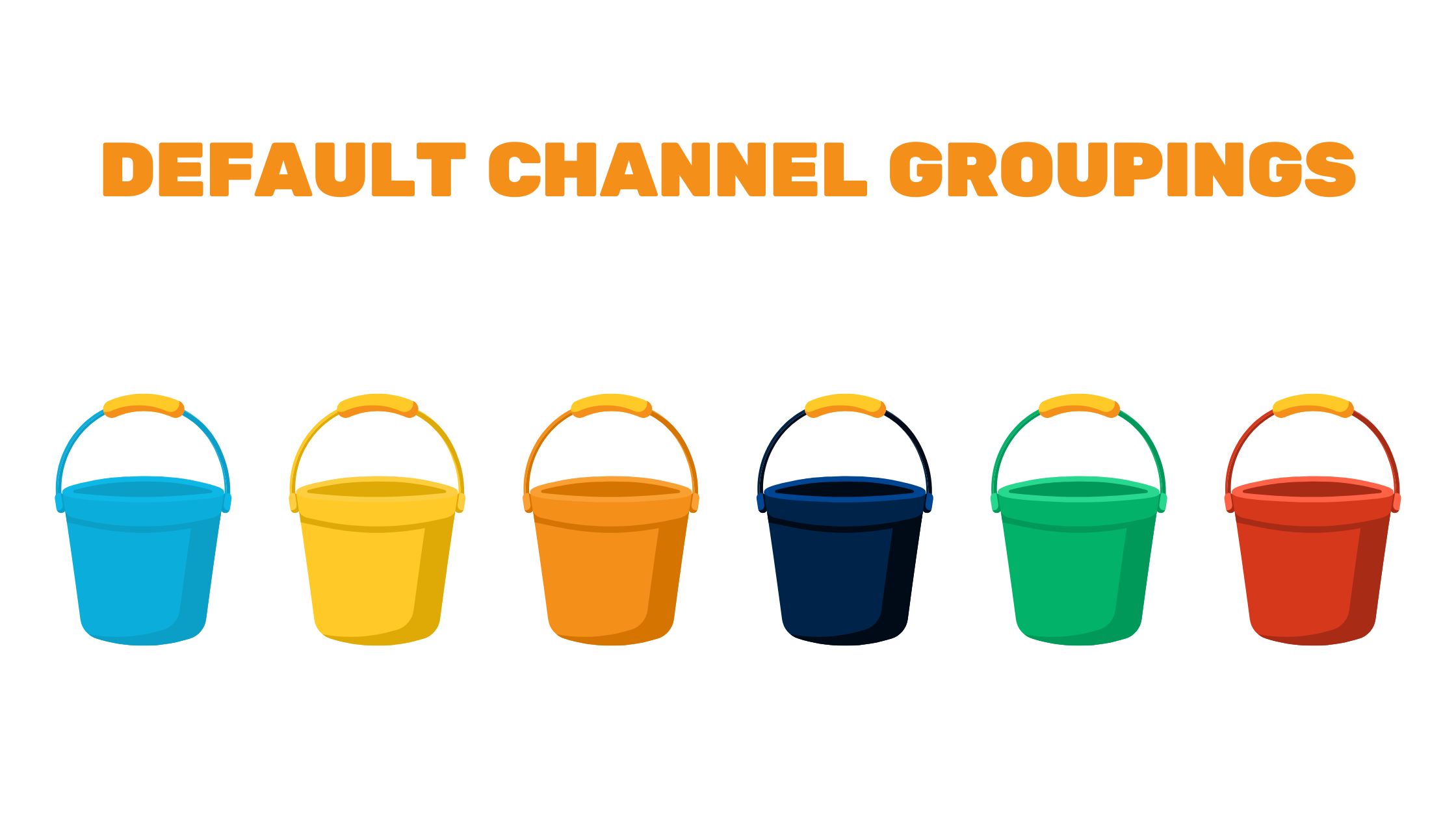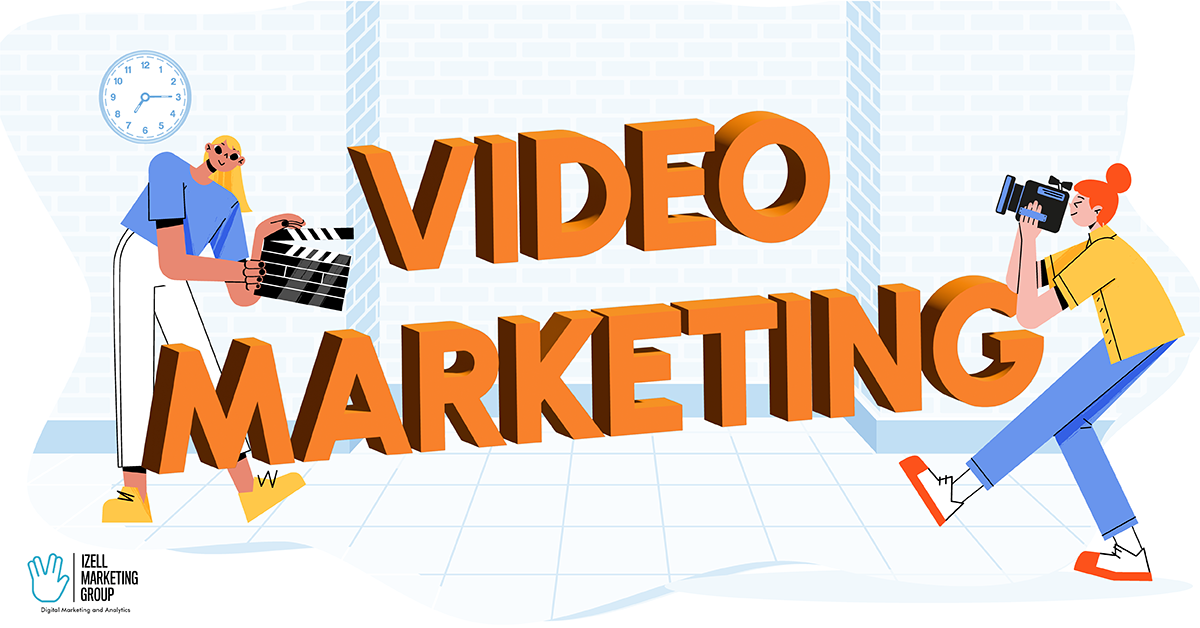I left my salaried job as a digital marketing professional when I believed that I had built up the essential skills for branching out on my own. The agency was moving towards working with bigger and bigger companies, but my passion was still back with the little guys. The transition into freelancing seemed natural and inevitable for me.
Now that my first year is coming to a close–and my second year looks like it’ll start off with a bang–I thought I’d pass on the little bit of insight I’ve picked up from this exhilarating/terrifying experience.
1. Having at least one year’s worth of living expenses saved up was absolutely necessary.
Ask anyone for advice on transitioning to freelance work, and they’ll tell you at least one major thing: save up a lot of money before you do it.
My family had about 9 months of living expenses saved up before we would start eating into our savings savings. Nothing is more motivating than seeing your bank accounts deplete rapidly after you’ve gotten used to the security of your employer depositing paychecks straight into your account for several years. It’s a very sudden and almost crippling change.
I got lucky that around 8 months in, I started bringing in more than enough income to cover my family’s expenses, allowing us to start building back up liquidity.
2. Being myself and promoting my personal values are how I can best differentiate myself.
Especially in my field, there is a tendency to play it safe. When digital agencies look to prove their value over other agencies, the selling points tend to toe along the lines of using better, more accurate data to make decisions or on having superior methods and tools.
I think we’ve reached an age when companies should expect those things to be high quality from anyone who claims to have any level of mastery over digital marketing and analytics. Instead of touting my very advanced data analysis skills, I choose to speak more to cutting through the cliché outputs of our machine brains. “50% Off – Buy Now!” has its time and place, but I’m interested in the psychology of the business-consumer relationship. Getting into the nuance of that exchange allows a startup or small business to be much more nimble and appropriately reactive to the clearly expressed desires of their audiences. Learning this alongside business owners and mentoring them on strategies and tactics that align with honest exchanges has taken me far.
3. I’m better off focusing on the client’s needs more than my own.
Everyone is selfish, but I view selfishness in dimensions. Some people are selfish in a one-dimensional sense; they seek a route in any given situation that will be best for themselves no matter what. They’ll fight for a higher fee without proving their worth, and they’ll choose to dismiss others’ ideas in order to feel validated in their expertise.
These are natural inclinations, but they can cause tumultuous professional dynamics. I opt for the multi-dimensional approach to selfishness, where I keep the client’s best interest as priority, while placing my payoff second. This is a difficult balance, especially as a woman, because you want to be agreeable without being a doormat. What I’ve found is that, ultimately, when you focus on the benefit of the client, the benefit comes back around to you.
Keeping a meritocratic frame of mind in all of my business dealings winds up with the client feeling like they’ve won a great deal, while I, too, get great benefit every time. What do I mean? When I propose a fee to a client that they are able to pay, I don’t just get paid and then meet the base level agreement. I do whatever I can to be sure that the client is getting the absolute maximum value of my time. What would I want from me if I were in their position? Probably a lot… and as a small business owner, I’d especially want to see that I know how to make wise investments in partners like Izell Marketing Group.
This dynamic results in happy clients, wonderful professional relationships and referrals galore.
For anyone who is self-motivated, quick-learning and adaptable, freelancing might be the right mode for you. I’m glad I paid my dues as an employee, but I do feel like I’ve arrived at where I’m meant to be.




